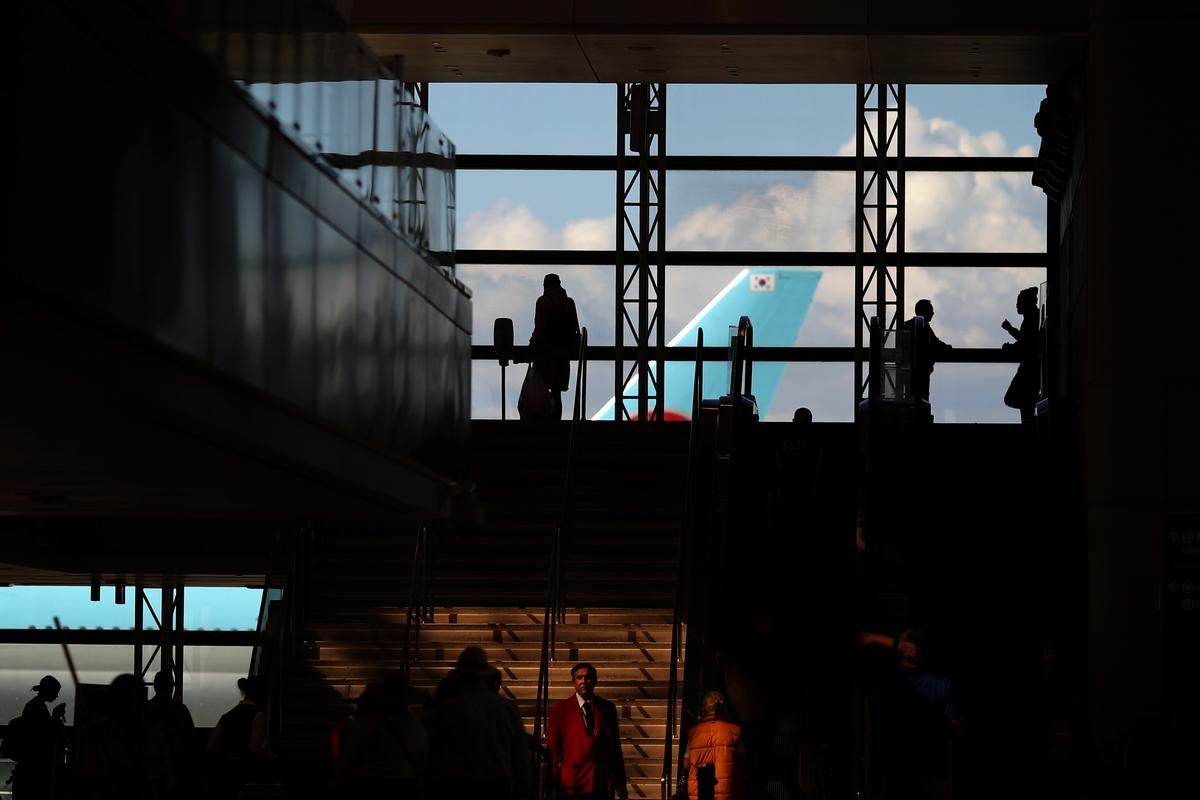BEIJING/WASHINGTON (Reuters) – Travelers scrambled to rebook flights and markets reeled on Thursday after U.S. President Donald Trump imposed sweeping restrictions on travel from Europe, hitting battered airlines and heightening global alarm over the coronavirus.
But China, where the disease originated, said its epidemic had peaked and the global spread could be over by June if other nations applied similarly aggressive containment measures as Beijing’s communist government.
Trump had downplayed risks to the United States during the crisis, but with epidemics ballooning from Iran to Italy and Spain, he limited travel from continental Europe for 30 days.
“This is the most aggressive and comprehensive effort to confront a foreign virus in modern history,” he said in a prime-time televised address from the Oval Office on Wednesday.
Markets went into a tailspin, with European shares plunging to their lowest in almost four years and oil slumping. U.S. stock indexes lost another 7 percent and triggered an automatic cutout shortly after the opening bell.
The European Central Bank approved fresh stimulus measures, including ultra-cheap loans, to help the ailing euro zone economy but unexpectedly kept interest rates on hold.
Trump’s move also sent weary and confused travelers rushing to airports to board the last flights back to the United States.
“It caused a mass panic,” said 20-year-old Anna Grace, a U.S. student at Suffolk University on her first trip to Europe, who rushed to Madrid’s Barajas airport at 5 a.m. to get home.
The outbreak has disrupted industry, travel, entertainment and sports worldwide, even throwing the Tokyo Summer Olympics into question.
But its progress in the epicenter of China’s Hubei province has slowed m

